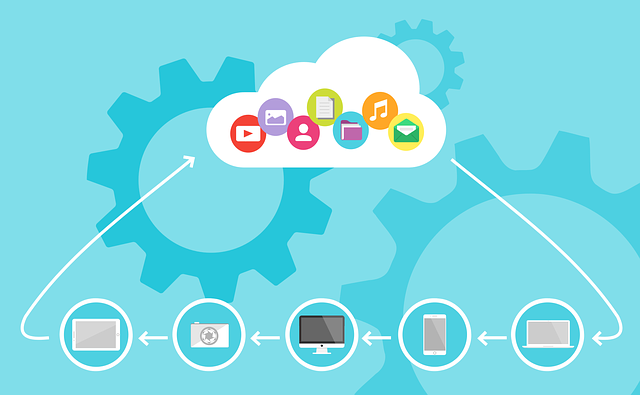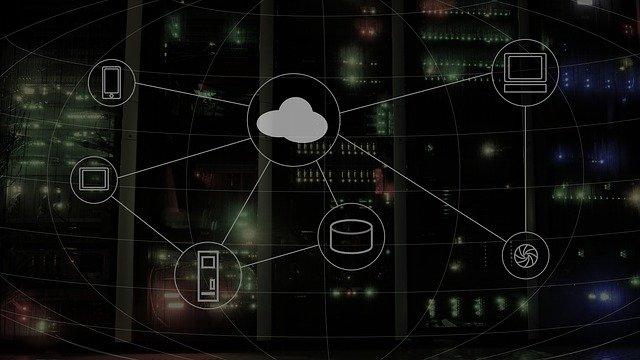
We live in a digital world where the cloud is becoming more and more important for businesses. In this regard, each organization employs different types of strategies when implementing work in the cloud. The advantages that they offer us are many since it facilitates remote work and we can access our files without being physically located there. Thus, each company, depending on its needs, decides on a public, private or hybrid cloud to which the concept of multi-cloud is recently being added. However, even though those cloud resources are sometimes hosted on other companies’ servers, that doesn’t mean we don’t have to worry about their security. In this article, we’re going to talk about simplifying modern, multi- and hybrid cloud security.
Cloud types and security
The cloud offers many possibilities that are part of the daily life of many users and companies. Thus we find different types of cloud that offer different solutions to companies.
One is the public cloud in which we contract a service to a cloud provider and in which they are the ones who have control of the data because they are the ones who store it. It allows cost savings and greater flexibility. On the other hand, we have the private cloud, it is usually hosted in the workplace and the data is in the hands of the company. In this case you have to add the costs of hardware and electricity. Security and maintenance are exclusively ours.
Then the concept of hybrid cloud which is the combination of public and private cloud. To this we have to add the concept of multi cloud where several cloud services are contracted from different providers and sometimes even combined with a private cloud.
However, even if it is public clouds, it does not mean that companies do not worry about cloud security. In this aspect, a form of shared security must be worked on in which organizations must also review the accounts they have active, the permissions to use the applications and who can access the data. You may be interested in learning about the differences in cloud and network security.
Security challenges
The cyber security is one of the main concerns when we move to the cloud. In that regard, organizations face different challenges to maintain security within their database ecosystem.
The benefits of partnering with the cloud bring many benefits such as reduced costs, fast operations and more flexibility due to its scalability. However, we still have many common cloud misconceptions that simplifying the technology can create new complexities and can compromise system security.
Cloud computing was created to provide a single platform to multiple users, and make resources available in real time from any location as long as we have an Internet connection. Thus, according to various reports, approximately 93% of companies use multi and hybrid clouds to help balance workloads and avoid vendor lock-ins. When it comes to outage issues, organizations with a hybrid environment are in a good position to avoid slowing down their business. In that aspect, you may be interested in knowing how to turn a computer into a private cloud.
How to improve cloud security
We obviously want our company’s confidential information to be stored securely. In this regard, we can comment that the most important elements of all cloud security are:
- Mobility: users need answers on demand and in real time. This means that we need something that gives us the flexibility to access information from any location. Thus, it will be balanced with the visibility of your recent workload system, to manage and protect it correctly.
- Security: It is not an easy task and since we will have our database uploaded to the cloud, anyone or cybercriminals could try to access it. In this aspect, security must be of great importance to the company. Therefore, a web application firewall (WAF) is the best solution for cloud security.
- compliance: Each company, industry or region has different compliance policies. That is why it is vital that organizations know where their data is secured and where it is properly regulated. A good practice may be to have the server located in the country of origin of the company, in addition to knowing the laws and regulations that we must apply.
- The importance of having backups that support our data. Although we work in the cloud, it is important to have one. This helps us to make the data available at any time and will also allow us to restore it if necessary. We must also bear in mind that it is convenient to do it this way because our data may be rendered useless by a ransomware attack.
Lastly, having a data management security solution for our business can help us maintain cloud security and help improve the performance of your IT infrastructure.




